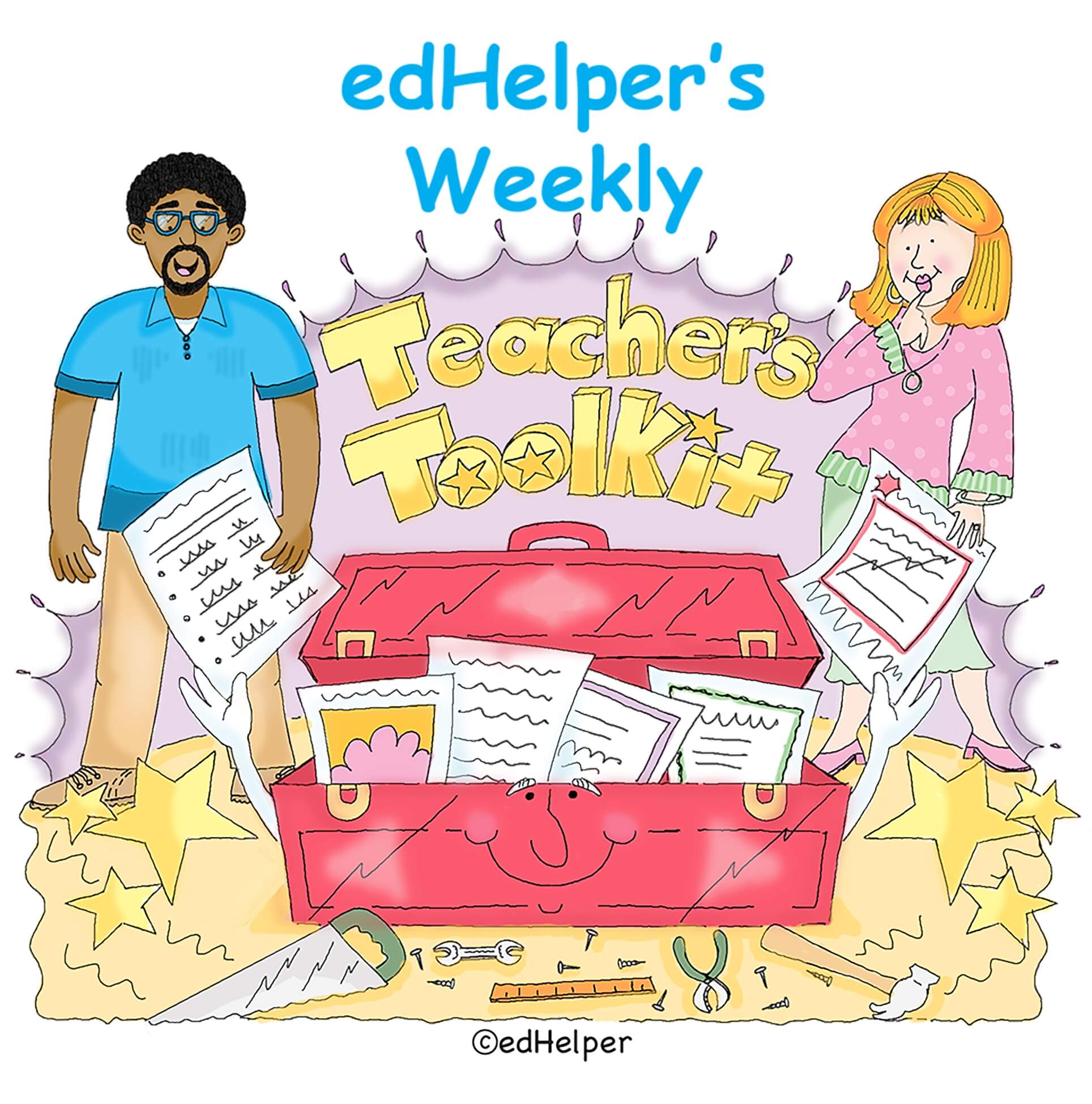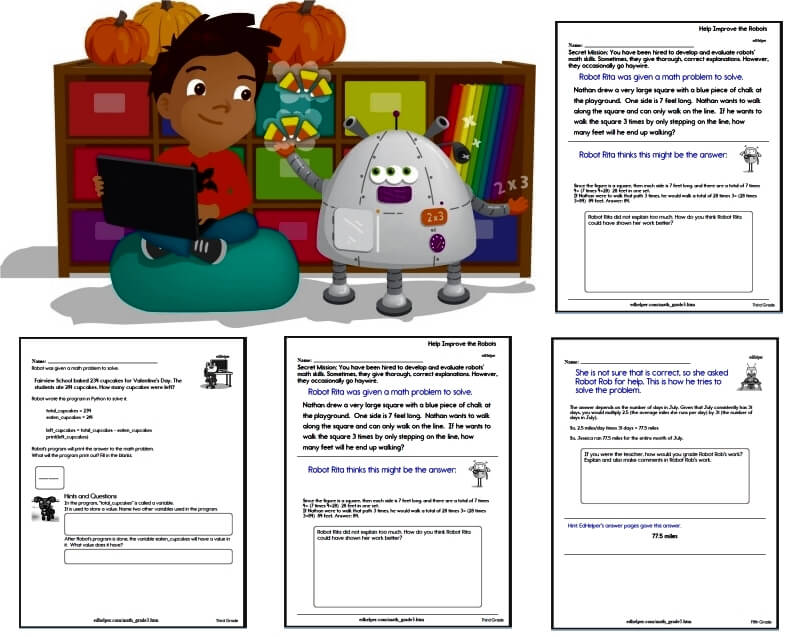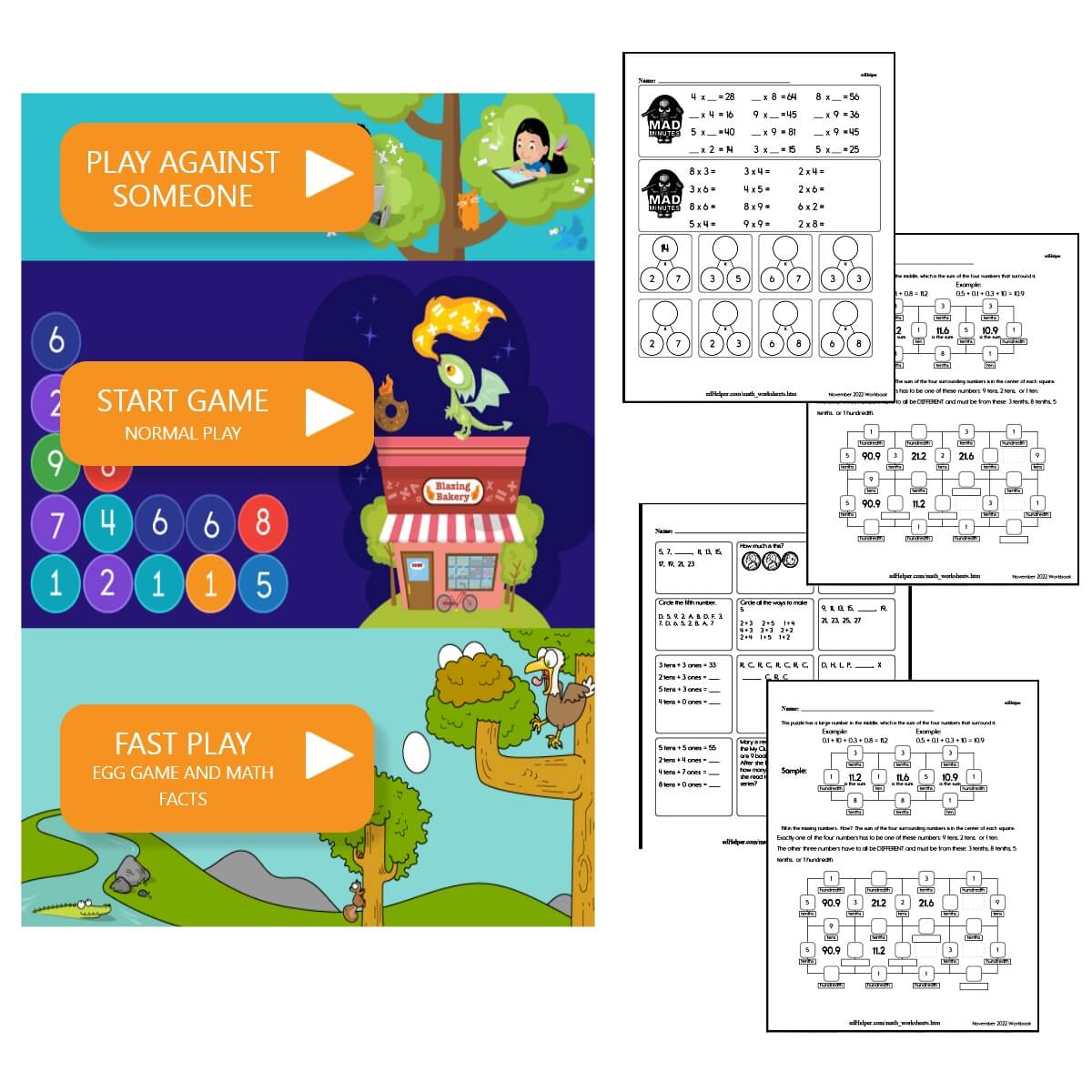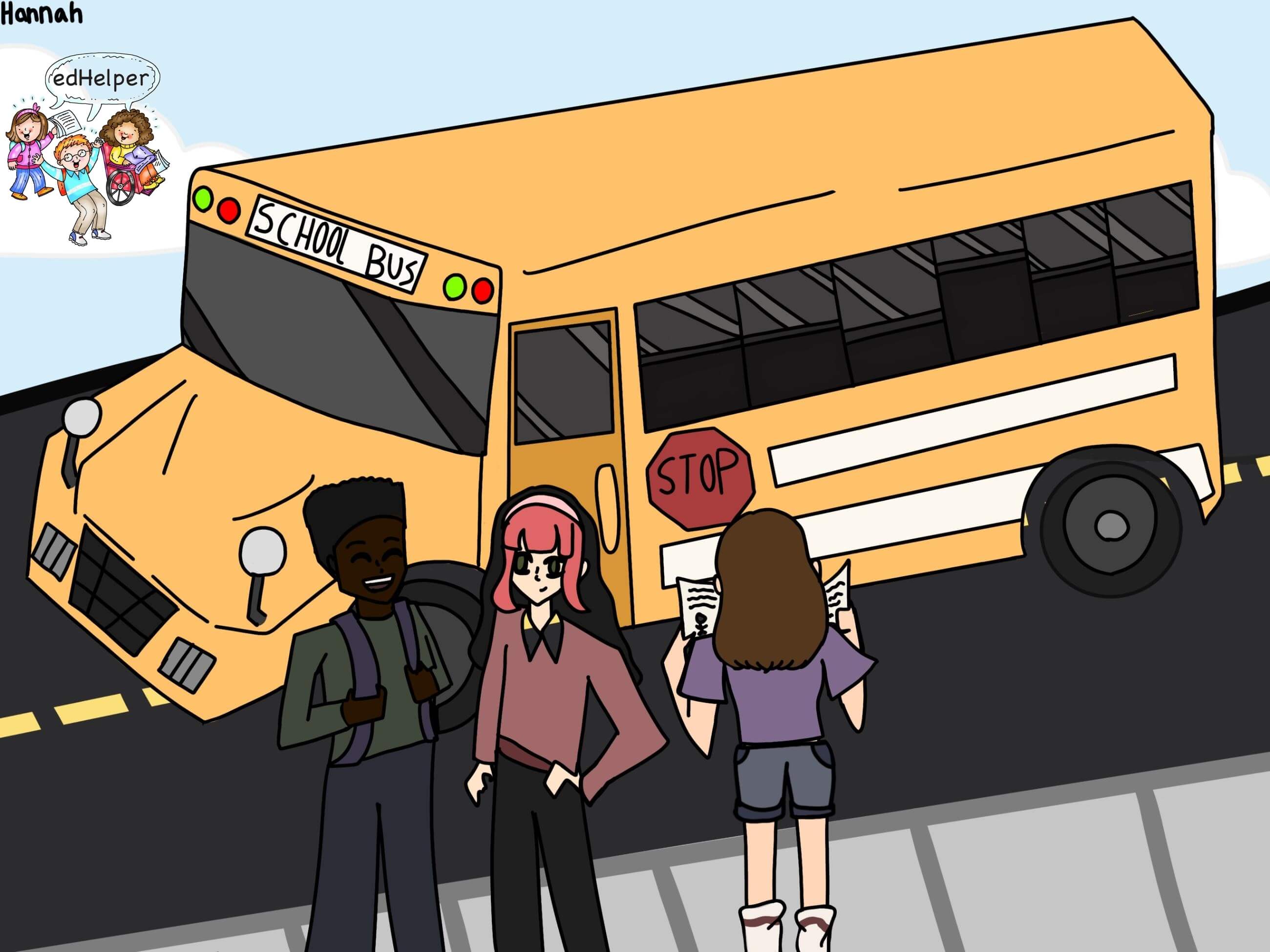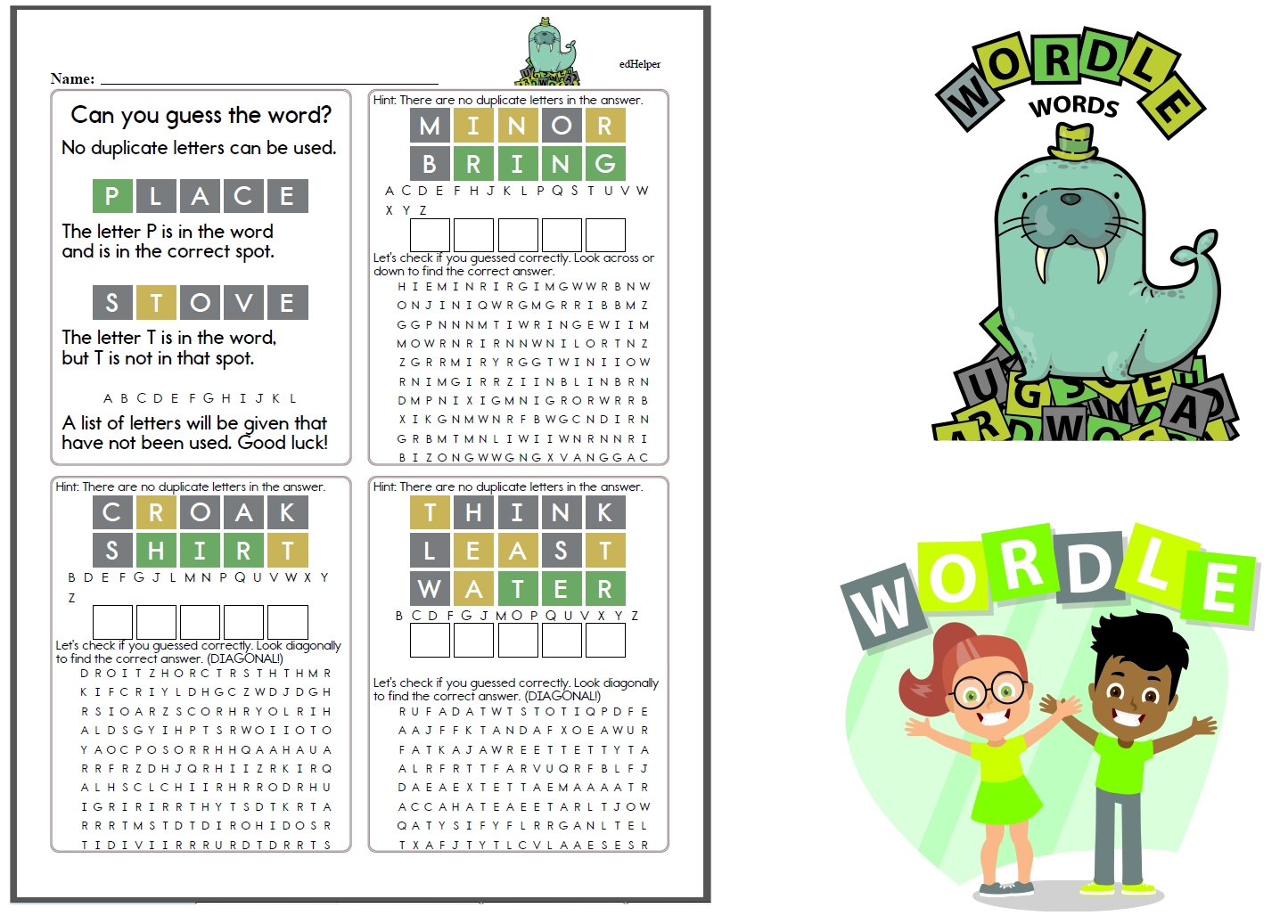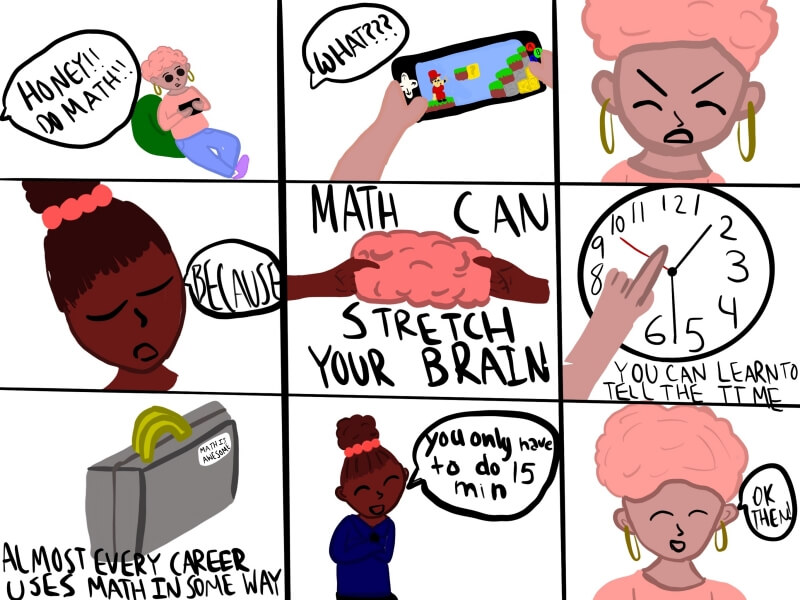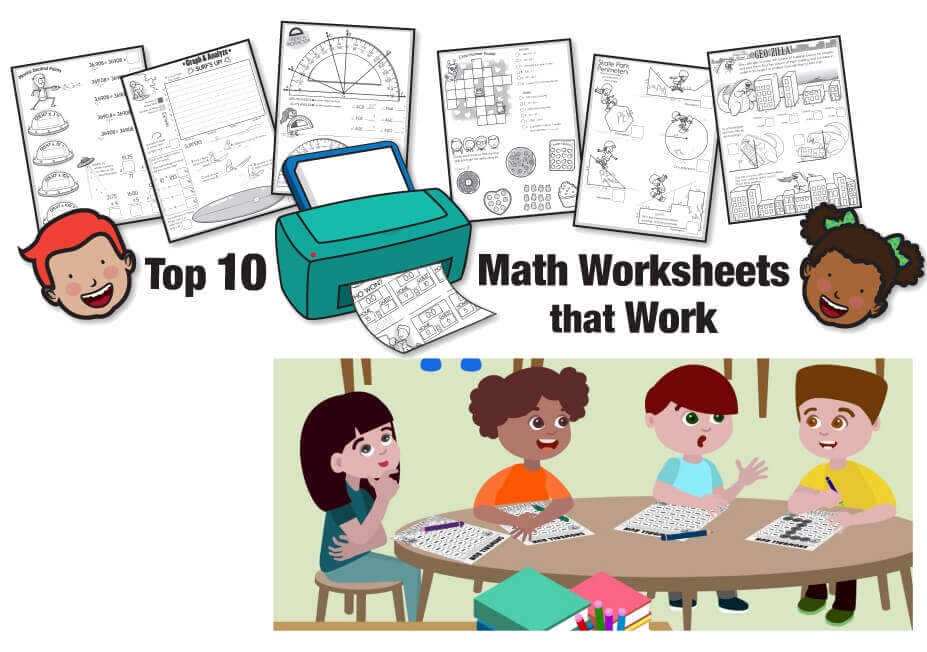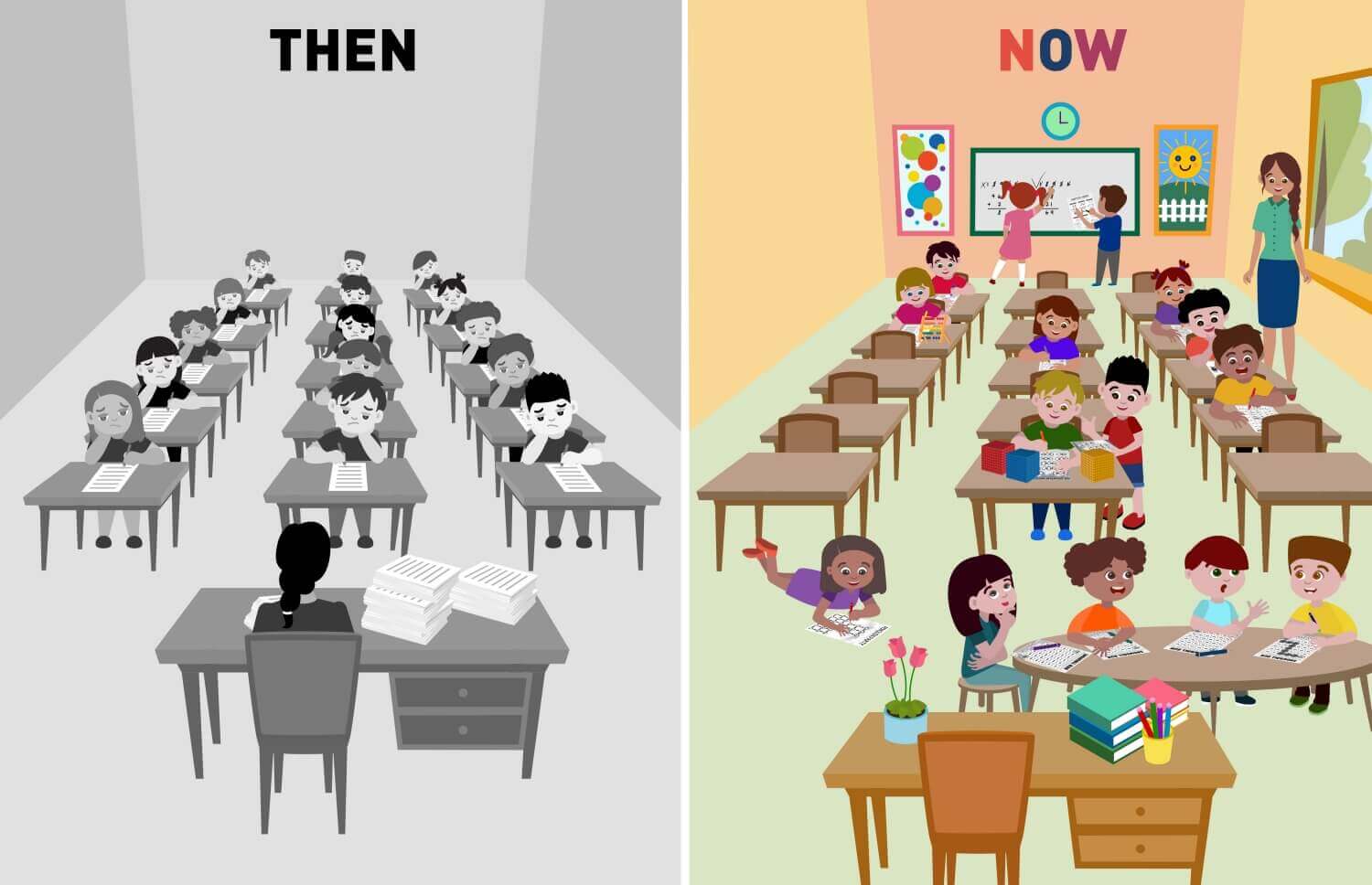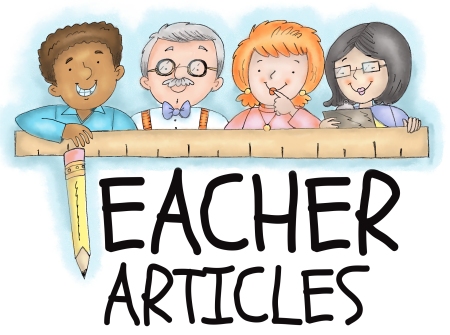Five Ways to Get Your Classroom Into the Spirit of the 2022 Winter Olympics
By: edHelper Staff
Updated: Jan 28, 2022
The 2022 Winter Olympics are almost here! Hosted this year in Beijing, China, the games will feature the athletic talents of nearly three thousand participants in thirteen venues across three competition zones in Beijing, Yanqing, and Zhangjiakou.
There is always a lot of buzz and excitement around the Olympics, but do your students know the history of the games, how the International Olympic Committee chooses the host, or what the biathlon entails?
Whether your students look forward to watching the Olympics and think they know everything about each event or have no idea the Winter Olympics is even around the corner, these ideas will help you and your classroom get into the spirit of the games!
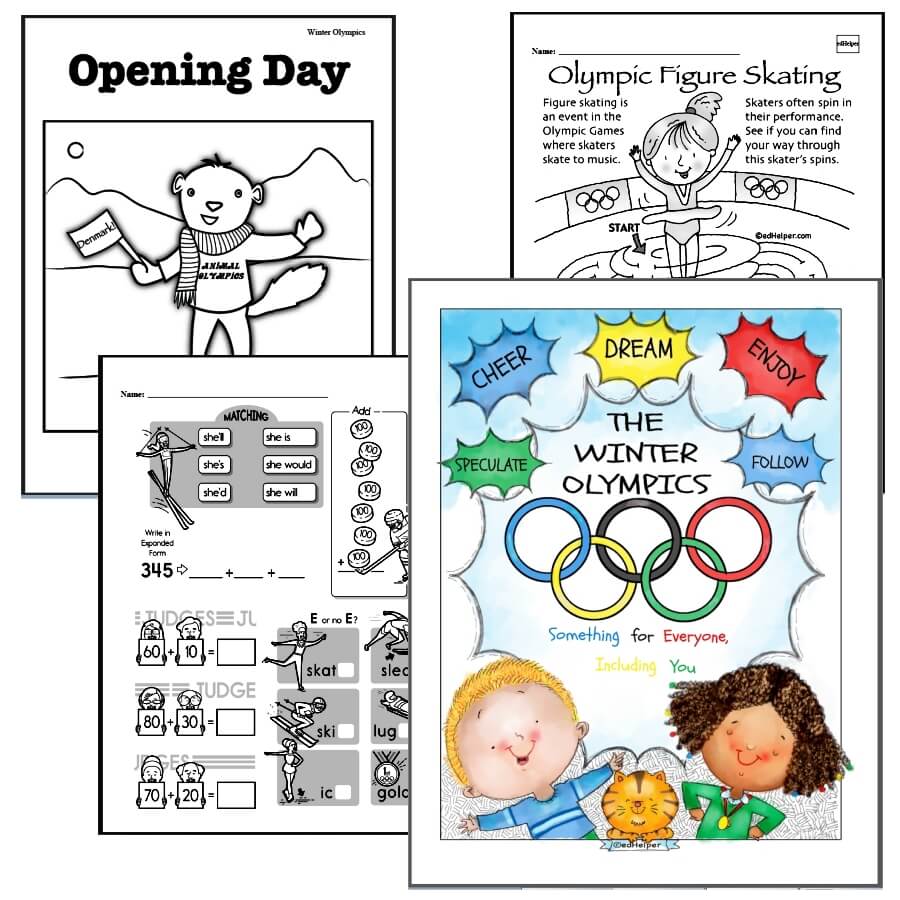
Free (No Login) 2022 Winter Olympic Worksheets and Ideas
Large Bundles of Worksheets and Ideas for 2022 Winter Olympics
Learn About the History of the Olympic Games
Do your students know the history of the Olympic Games? It can be a lot of fun to talk about how the event started and some of the traditions practiced before, during, and after the games.
Although the first modern summer Olympic Games occurred in 1896, the first Winter Olympic Games didn't take place until 1924. Only six categories were featured, with each comprising multiple events: bobsleigh, curling, ice hockey, Nordic skiing, and skating.
Students of all ages will enjoy watching old footage of some of the original winter games, along with more information about these first games. It's also a great opportunity to talk about World War II, as the Winter Olympic Games were canceled ahead of the 1940 games when Hitler invaded Poland.
The history of the Olympic flame is a great topic to cover in the classroom! It represents the light of spirit, knowledge, and life, while the passing of the torch during the torch relay symbolizes passing the fire, and what it represents, from generation to generation. You can make the history of the Olympic games come alive by having the kids make their own Olympic torch and complete their very own relay. Break your classroom up into groups of four and set up a relay outside where the kids can pass their torches to see which team can do it the fastest.
It can be a lot of fun to pass a torch between the classrooms throughout the school! Work with the other teachers to pass the torch to a new classroom every day before having the final classroom deliver the torch to the office, the cafeteria, the gym, or another public space within your school.
There is a lot of history behind the Olympic rings as well. Each ring represents one of five continents and the athletes from those continents who compete, linking all of humanity together just as the rings are linked together. With a pile of paper plates, scissors, tape, and crayons, your students can make their own Olympic rings.
Don't forget to talk about the importance of the colors of the Olympic rings! Every country in the world sees at least one color of their flag represented. This is a great opportunity to talk about world flags. Encourage your students to watch the opening ceremonies to see flags and hear the names of countries they likely have never seen or heard before.
Learn About the Host Country-China
Do your students know why the winter games are being hosted in China? How much do your students know about China? The 2022 Winter Olympic Games are a great opportunity to teach your students about both!
You can talk about how a host city is chosen and talk about future Olympic games. Your students may be very excited to learn that the 2028 Summer Olympic games will be hosted in Los Angeles!
There are many ways to teach your students more about China, the host country. A few of our favorite activities include:
#1 - cooking and serving a Chinese dish, like dumplings
#2 - reading a book about a Chinese folktale
#3 - learning about pandas
#4 - hosting a Chinese tea ceremony
It can be especially fascinating for children to learn that China does not have a democracy. You can talk about the differences between democracy and communism, as well as how different education looks in a communist country compared to what it looks like in the United States.
Discover Some of the Weirdest Winter Olympic Sports
There are a lot of Olympic sports your students probably already know about. Talk about the Olympic sports they have heard of and vote on everyone's favorites. You can then make a chart out of your findings to hang on the wall ahead of the winter games.
There's a lot more to the Winter Olympic Games than ice skating and skiing! Share some of the more obscure winter sports with your students like:
Doubles Luge: Two sledders lay on top of each other as they barrel down a frozen track at 70mph.
Skeleton: One sledder can reach speeds of up to 80mph on a skeleton bobsled as they careen down a frozen track.
Curling: Athletes use brooms to smooth the ice and slide a stone across an ice sheet as close to their target as possible.
Biathlon: Events oscillate between cross-country skiing and shooting targets with rifles, which requires athletes to slow their heart rate to improve accuracy when shooting.
Ski Jumping: Skiers attempt to jump as far as possible, with the record long jump measuring in at 820 feet.
Moguls: Athletes ski down a steep hill with mounds and small jumps, trying to reach the finish line in the shortest time possible.
Slopestyle: Skiers and snowboarders take on a course full of rails, jumps, and other park features, being judged on factors like difficulty, execution, and the height of their jumps.
Aerials: Aerialists jump and perform as many flips and twists as they can in the air before landing on the snow below.
Ski Cross: Four skiers go head-to-head down a bumpy, snowy hill to see who can reach the finish line first.
Hang a schedule of events on the wall in your classroom. Then, encourage your students to watch these competitions on TV. At the end of the Winter Olympics, you can have your class vote again on their favorite Winter Olympic sports. They may just discover a new favorite!
Build and Play a Winter Olympic-Themed Game
Games are always a fun and effective way for students to learn new things. When your topic is the Winter Olympics, you have the opportunity to set up some really creative games for your students to build and play!
Freeze a layer of water in the bottom of a disposable aluminum pan to create a mini ice rink. Then, let the kids play their very own game of hockey by flicking different objects across the ice to see which one slides the best. Get your hands on a hockey puck so they can see what the Olympic athletes use on the ice, but let the kids try everything from bottle caps to cotton balls. Then, talk about why some objects slide more easily than others.
The kids can build their own ice luges using lengths of PVC pipe that have been cut in half or old plastic gutters. If you don't have access to these materials, students can use toilet paper and paper towel tubes that have been cut in half and covered in plastic wrap. Encourage them to tape them together at different angles. Then, pull out a tray of Lego characters that have been frozen in an ice cube tray and let them slide the characters down the luge to see who makes it to the finish line the fastest!
If you have a class full of students who love snowboarding, allow them to make their very own halfpipe. The kids can practice making their snowboarder do all the tricks they see on TV while you can talk a little bit about the physics behind what makes it possible.
Pass Out Winter Olympic-Themed Worksheets
The 2022 Winter Olympics begin on Friday, February 4. Are your students ready? Not only is it a lot of fun to talk about the Olympic Games with your students, but it also can provide your classroom with new opportunities for learning. Whether you're searching for a history lesson or you simply want to have a little fun, these ideas are a great way to get your classroom in the spirit of the 2022 Winter Olympic Games.


